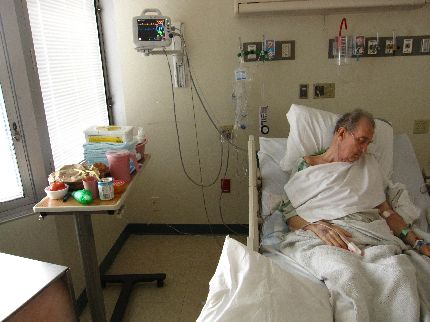() - Sinus infection suffer know stuffy, congested feeling can not go without a trip to the doctor's office. But according to new research, antibiotics that doctors often prescribe for sinus can be more effective than tablets or spray on pharmacy shelves. The study raises concerns about drug resistance and whether doctors also want to give antibiotics for common infections. In a study published in the February issue of 15, researchers studied 166 patients diagnosed with sinus infection and gave them all week supply of more-counter medications to relieve pain, fever, congestion and cough. Half the patients were also given a 10-day course of antibiotics, amoxicillin and the other half received a placebo. The researchers tested whether the symptoms of facial pain, cough, runny nose and post-nasal drops showed better call participants in days 3, 7, 10 and 28 of treatment. How Rates are suffering sinusitis? On the 3rd day, there was no difference in improvement between the placebo-taking and those prescribed antibiotics. On the 7th day antibiotic group said that some improvements to the researchers, is hardly noticeable relief of symptoms, but this advantage disappeared 10-day, when strattera 25mg 80 percent of patients in both groups reported that they feel better or cure. According to the authors, at least one of the five antibiotics intended for nasal sinuses. "I think the data is something like 90 percent of people who go to the doctor and get this diagnosis will be given antibiotics," study author Dr. Jane Garbutt, research assistant professor of medicine and pediatrics at the University of Washington School of Medicine St. Louis, he said. "I think we should try and significantly reduce this percentage."

The authors say antibiotics abuse in primary care, which may contribute to increasing rates of resistance to antibiotics. "I think patients feel awful, and they want something to feel better, faster, and doctors want to treat the patient," Garbutt said. "It is between the hammer and the anvil."
Dr. Linda Dahl, ears, nose and throat specialist at Lenox Hill Hospital in New York, said that HealthPop amoxicillin, as you know, 30 to 40 percent resistance. "There's such a high resistance to amoxicillin, I was not surprised that there is no difference," Dahl said HealthPop. But she also believes that the study was too narrowly focused on that one type of antibiotics when she said that some doctors prescribe less resistant types such as Augmentin, Levaquin and Biaxin treat sinusitis that will not go. Dahl thought the key part of the study was that all participants were treated with more medications like decongestants and expectorants to relieve symptoms. "I tell my patients to OTC decongestants almost as important as antibiotics for sinusitis in particular," Dahl said HealthPop. She said the structure of the sinuses, which are basically holes in the head, sinuses allow air filter. Synusovaya infection causes inflammation and mucus to build, and prevents this filtering. Even if the doctor prescribes antibiotics, she says, without protyzastiynyy to the flow of air through the sinuses, the area will keep the infection. How long can a person should allow cold or sinusitis, until they go to the doctor? Dahl, who said she too is concerned about resistance to antibiotics and trying to treat infection by other means first, says: "If you were sick for two weeks and take decongestants, he probably will not be better on your own."
No comments:
Post a Comment